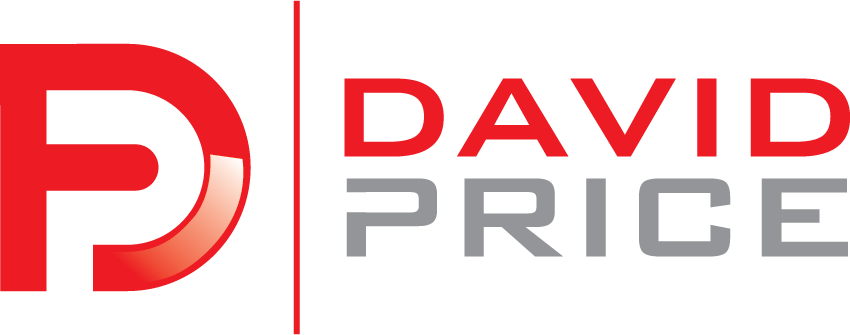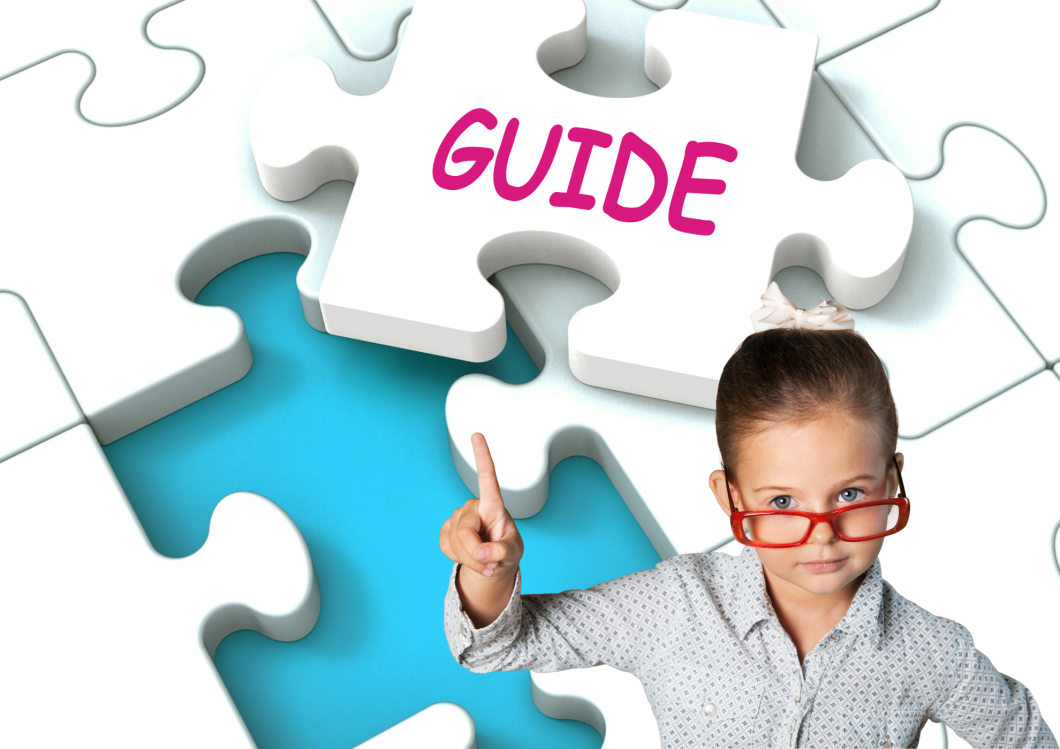Social media has become an indispensable tool for insurance agents seeking to expand their reach and engage with their target audience. In this comprehensive guide, we will explore the world of insurance social media marketing, providing valuable insights and strategies for mastering this approach.
The article will begin by examining the top platforms that insurance agents can utilize to effectively connect with their audience. By understanding the strengths and unique features of each platform, agents can make informed decisions about where to focus their efforts.
Discover the secrets to dominating insurance social media! Boost your online presence, attract clients, and skyrocket your business with this ultimate guide.
Following the exploration of platforms, the article will delve into the strategies that lead to success in insurance social media marketing. This section will discuss various techniques, such as creating compelling content, utilizing targeted advertising, and engaging with followers. By implementing these strategies, insurance agents can effectively communicate their value proposition, build trust with their audience, and ultimately drive conversions.
Lastly, this guide will address the benefits and challenges of insurance social media marketing. While social media provides numerous opportunities for agents to connect with potential clients, it also presents challenges such as managing online reputation, handling customer inquiries, and staying up-to-date with platform algorithms. By understanding the advantages and potential obstacles, insurance agents can navigate the world of social media marketing with confidence and maximize their success.
skyrocket your business with this ultimate guide
- Top Platforms
- Strategies for Success
- Benefits and Challenges

Top Platforms
Twitter, YouTube, and Facebook are the recommended top platforms for insurance social media marketing, with Twitter being particularly advantageous for insurance agents due to its ease of maintenance and ability to reach the desired audience. Twitter allows insurance agents to maintain a strong presence by easily sharing updates, news, and valuable content with their followers. It also provides a platform for agents to engage with their audience through direct messaging and public conversations. Additionally, Twitter’s advanced search features make it easier for insurance agents to find and connect with the right audience, ensuring that their marketing efforts are targeted and effective.
YouTube is another essential platform for insurance agents as video content gains more engagement. Insurance agents can utilize YouTube to create and share informative videos that educate their audience on insurance products, answer common questions, and showcase their expertise. Video content has become increasingly popular and effective in capturing and retaining viewers’ attention. By leveraging YouTube, insurance agents can tap into this trend and establish themselves as valuable resources in the industry. Moreover, YouTube’s search engine optimization capabilities allow agents to optimize their videos for relevant keywords, increasing their visibility and reach.
Facebook, being the largest social media network, offers insurance agents numerous advantages. It allows for long-form posts, enabling agents to provide in-depth information on insurance policies, coverage options, and industry updates. Facebook’s advanced paid ads platform provides agents with robust targeting options, allowing them to reach specific demographics and interests relevant to their insurance offerings. Additionally, Facebook is particularly popular among certain age groups, making it an ideal platform for agents targeting those demographics. By utilizing Facebook effectively, insurance agents can expand their reach, build relationships with their audience, and establish their brand as reliable and knowledgeable in the insurance industry.
Strategies for Success
One effective strategy for achieving success in marketing through social media is to focus on creating high-quality content that resonates with the target audience..

In the context of insurance social media marketing, this means providing valuable and informative content that addresses the needs and concerns of potential customers.
Life insurance agents can create content that educates their audience about the importance of life insurance, the different types of policies available, and the benefits they provide. By offering useful information and insights, agents can position themselves as trusted advisors and build credibility among their audience.
Additionally, incorporating multimedia elements such as custom videos or infographics can make the content more visually appealing and engaging, increasing the likelihood of it being shared and reaching a wider audience.
Another strategy for success in insurance social media marketing is to actively participate in relevant groups and communities.
By joining and posting in industry-specific or interest-based groups, agents can increase brand visibility and spread awareness about their services. Engaging with other members of these communities by answering questions, providing helpful advice, and sharing relevant content can establish agents as experts in their field and foster meaningful connections with potential clients.
Moreover, it is essential for insurance agents to incorporate paid advertising into their social media campaigns. While organic reach is valuable, paid advertising allows agents to target specific demographics and reach a larger audience.
It is important to carefully plan and optimize paid ads to ensure they are tailored to the target audience, compelling, and aligned with the overall marketing strategy.
By combining these strategies, insurance agents can maximize the effectiveness of their social media marketing efforts and achieve success in reaching and engaging with their target audience.
Benefits and Challenges

An important aspect to consider when implementing social media marketing strategies for insurance agents is understanding the benefits and challenges involved in this approach.
One of the key benefits of insurance social media marketing is the ability to access a highly engaged audience quickly. Social media platforms provide a vast reach, with access to more than 70% of the U.S. population. This enables insurance agents to connect and engage with potential clients on a large scale.
Furthermore, social media marketing allows for the expansion of reach, cost-effectiveness, relationship-building, and community engagement. By creating quality content, joining relevant groups, and utilizing multimedia such as videos and infographics, insurance agents can establish their brand and generate awareness among their target audience.
However, there are also challenges associated with insurance social media marketing. Building trust online takes time and cannot be achieved overnight. Insurance agents need to invest time and effort into creating meaningful connections and establishing credibility with their audience.
Additionally, throwing money at social media advertising does not guarantee immediate results. It is essential to develop a well-thought-out social media strategy, conduct testing, and refine the approach based on the results. It is crucial to avoid certain strategies that may hinder success, such as overly promotional posts, obsessing over follower count, treating all platforms the same, and buying followers.
By understanding the benefits and challenges of insurance social media marketing, insurance agents can navigate this approach effectively and reap the rewards of connecting with their target audience online.

